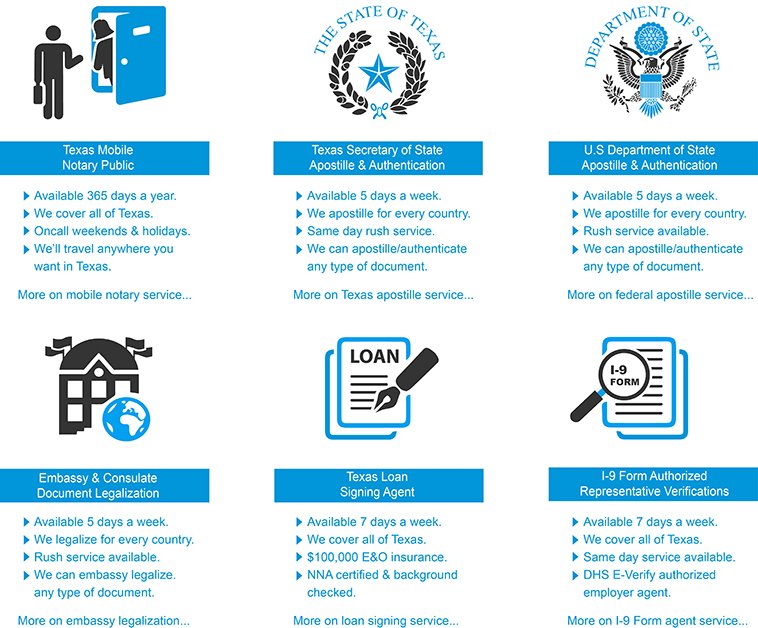Deceased Estate Administration: Managing Possessions and Affairs After Passing
Demystifying Notarial Work: Streamlining the Duty and Relevance of Notaries
Their duty, often shrouded in mystery for numerous, carries substantial weight in making sure the legitimacy and integrity of essential documents. By untangling the intricacies dropping and surrounding notarial practices light on the importance of their acts, a more clear understanding arises of the crucial function notaries play in upholding the fabric of lawful and legal agreements.
The Background of Notarial Job
The background of notarial job days back to old worlds, where scribes played a crucial function in recording essential details and authenticating records. This led to the development of notaries, individuals assigned by the state to act as objective witnesses in legal matters.
During the Center Ages, notaries gained prestige in Europe, with their features expanding to include composing lawful documents, certifying trademarks, and maintaining documents. The increase of worldwide trade additionally emphasized the importance of notarial operate in validating contracts and agreements across boundaries.
In the modern-day period, notaries continue to play a vital function in lawful and company transactions by validating identifications, verifying the authenticity of files, and protecting against fraudulence. Their role in certifying the validity of agreements includes a layer of security and depend the ever-evolving landscape of commerce and law.

Duties and Responsibilities of Notaries
The historic development of notarial job from ancient civilizations to the modern-day era has shaped the distinctive duties and duties that notaries promote in legal and business purchases today. Notaries play an essential duty in validating the credibility of files and the identification of signatures. Among their main obligations is to witness the signing of vital records, such as contracts, acts, and wills, to ensure that all parties are becoming part of agreements purposefully and willingly. Notaries additionally verify that signatories are of audio mind and not under duress or browbeating.
Moreover, notaries are entrusted with administering affirmations and oaths, which are crucial in legal process and the execution of sworn statements. They license copies of original files, supplying assurance to institutions that the duplicates are true replicas of the originals. Notaries should keep exact documents of all transactions they oversee to make certain openness and responsibility. Overall, the obligations and responsibilities of notaries are necessary in safeguarding the integrity and legitimacy of different records and purchases.
Notarial Certificates and Signatures
Exemplifying meticulous focus to detail, notarial certificates and trademarks act as crucial parts in validating the credibility of lawful records. Notarial certificates typically have critical information such as the day of registration, the names of the signatories, a summary of the document, and the notary's official seal. These certifications provide a clear document of the notarial act, making sure that the file can be quickly identified and traced back to the notary that supervised the procedure.
Trademarks play an essential role in notarial job, as they signify the contract and authorization of the celebrations included. Notaries thoroughly witness the finalizing of files to validate the identity of the signatures and verify that they are authorizing of their own free will. By affixing their main seal and trademark to the file, notaries accredit that the required treatments have been followed which the file is enforceable and valid.
In essence, notarial certifications and trademarks are the hallmark of authenticity in legal purchases, offering guarantee to all events involved that the papers are reputable and binding.
Value of Notarial Acts

Registration Process Discussed
The registration procedure generally begins with the individual providing the file to a notary public. Once the identification is validated, the notary ensures that the specific signing the document does so willingly and without any browbeating.

Conclusion

Notarial certificates commonly consist of essential info such as the day of registration, the names of the notaries, a summary of the record, and the notary's official seal. These certificates offer a clear record of the notarial act, making certain that the record can be easily identified and mapped back to the notary that looked after the procedure.
By attaching their official seal and signature to the document, notaries license that the needed procedures have actually been complied with and that the paper is valid and enforceable.
By verifying the identification of the signatures, confirming their determination to enter into the agreement, and licensing the day and area of the finalizing, notaries play an essential role in maintaining the legitimacy of lawful records.After the record is authorized, the notary will certainly attach their official seal or stamp onto the document.